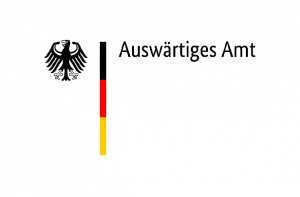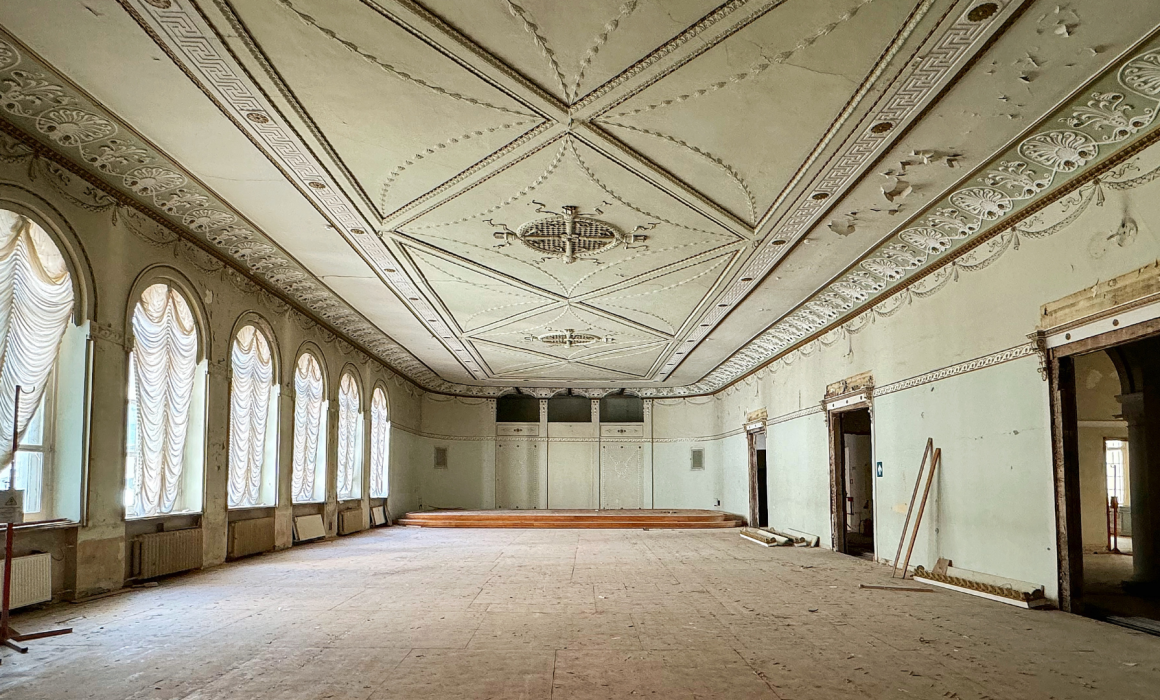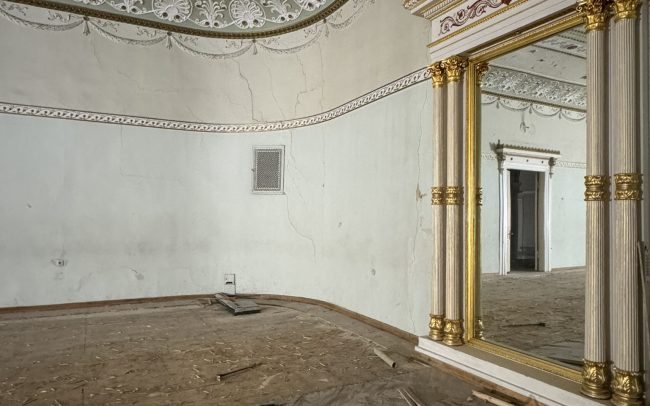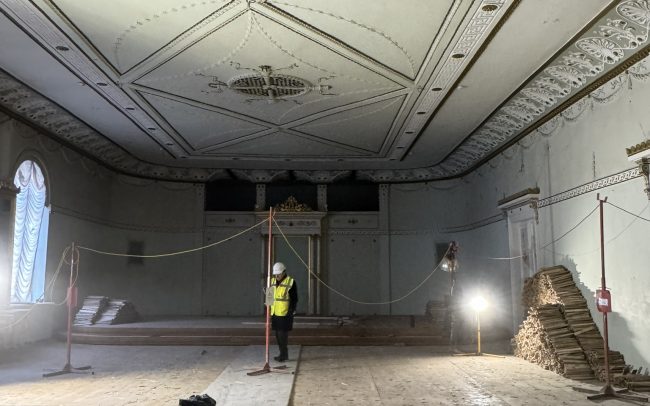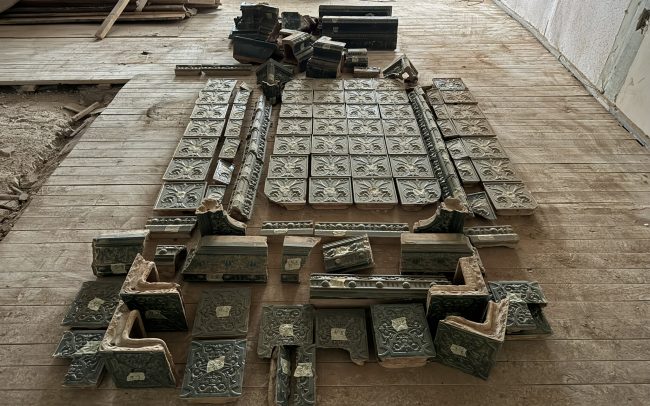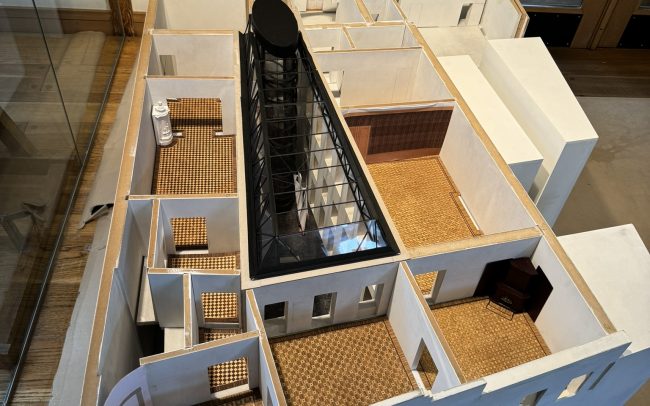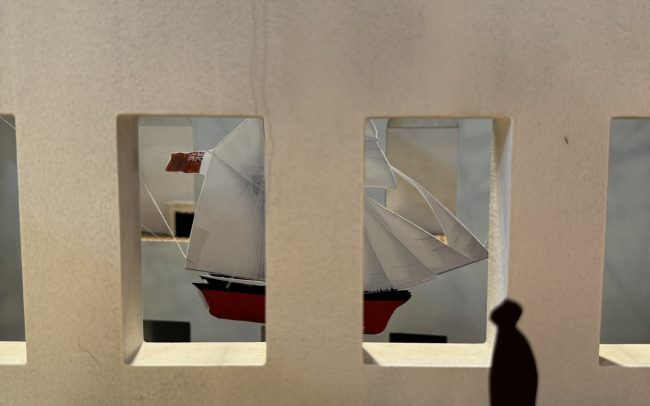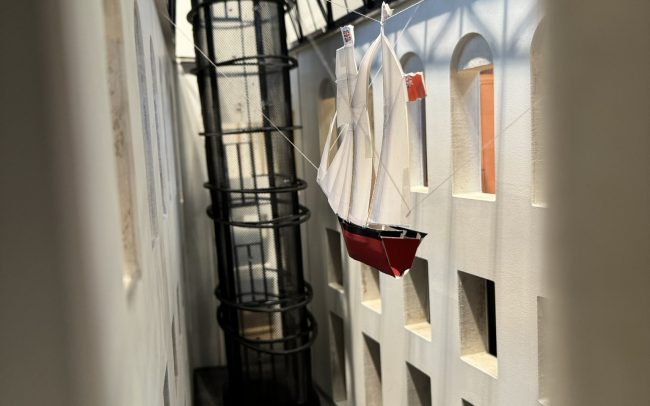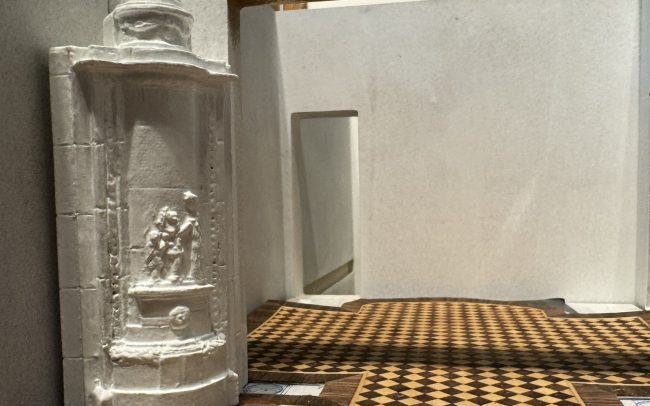Dismantling phase at the Wagner Theatre Completed; Foundation Strengthening to Commence
At the close of last year, the Riga Richard Wagner Society (RRWS) announced the receipt of a building permit for the redevelopment of the Wagner Theatre. With the technical design finalized, the dismantling phase has successfully concluded. Interior detailing is progressing, and the next stage—the commencement of piling works—is imminent.
The dismantling encompassed a wide array of tasks — chandeliers, historic stoves, parquet flooring, windows, doors, and other interior components were carefully removed for refurbishment and subsequent reinstallation in the renovated theatre building. Additionally, partition walls were demolished, and the existing heat network was disassembled, with a temporary system installed to ensure uninterrupted heating for neighboring buildings during the renovation.
Detailing and interior design are an essential part of the project. A 1:30 scale model of the theatre is currently under construction and will be showcased on the third floor, allowing visitors to grasp the intricacies of the structure. Architect Zaiga Gaile elaborated, stating, “The model will be akin to a real doll’s house, featuring original materials like mosaic parquet floors, wooden doors, windows, panels, wallpapered walls, furniture, and even chandeliers.” Notably, a centerpiece of this exhibit will be a meticulously crafted model of the ship “Thetis” from Wagner’s opera The Flying Dutchman, suspended within the glass courtyard above the audience. The ship, discovered in archival records as the vessel Wagner, his wife Minna, and their dog Robert fled on to escape Latvian creditors, will be presented in dramatic detail. Crafted by master modeler Aleksandrs Šarga, the ship will appear as a storm-damaged wreck, complete with torn sails, echoing the tale of The Flying Dutchman. This immersive display, towering at three and a half meters, will captivate visitors as they traverse interconnected rooms of the building’s third floor, studying the ship’s intricate rigging and deck.
Meanwhile, the Wagner Theatre Library is also taking shape, set to dominate the central space along Wagner Street, featuring floor-to-ceiling bookshelves spanning the auditorium’s five-meter-high walls.
Looking ahead, the next phase will focus on strengthening the building’s foundations and constructing the basement. The construction timeline spans three years, with the grand reopening of the Riga Wagner Theatre slated for autumn 2027.
The restoration of the Wagner Theatre will bring a number of significant benefits, which will not only contribute to the diversity and accessibility of cultural events for the people of Latvia, but will also strengthen the image of Riga and Latvia as a cultural centre and the link with Richard Wagner, who was Kapellmeister there for two years (1837-1839). The project will not only renovate the building and the theatre hall, but will also create masterclasses and a Richard Wagner museum. The house will realise Wagner’s vision of “GesamtkunstWerk21″ – an incubator for all art forms that will become an international centre for young artists worthy of the 21st century.
The main contractor for the project is SBSC un 3A, with Sarma un Norde Arhitekti as the main designer, and Būves un Būvsistēmas as the engineer and construction supervisor. Zaiga Gailes birojs” has been hired as a subcontractor for the architectural and interior design. Experts from other countries have also been brought in – for example, theatre technology solutions are being developed by Theater Advies from the Netherlands, while Nagata Acoustics, headed by Yasuhisa Toyota, are acting as consultants on theatre acoustics, having been involved in the design of the Elba Philharmonic and Paris Philharmonic, as well as many other notable projects.
The project “Reduction of greenhouse gas emissions at the Riga Wagner House”, 4 Riharda Wagner Street, Riga, LV-1050, by renovating and restoring the Riga Wagner House” is supported by the Emissions Trading Instrument, the German Ministry of Foreign Affairs, the German Embassy in Riga and the Riga City Council.

